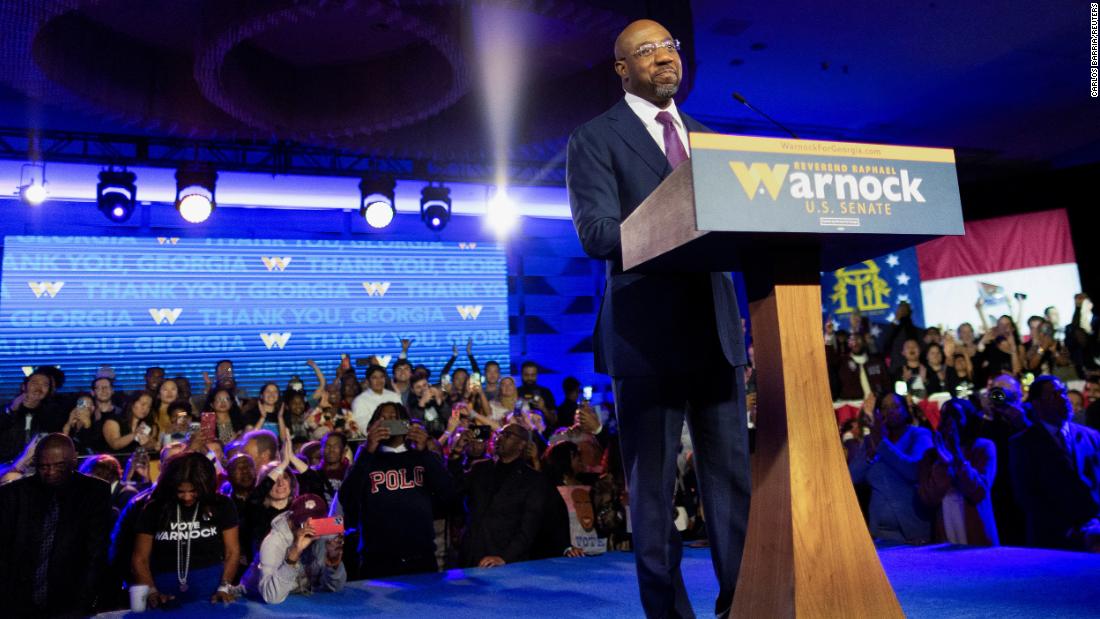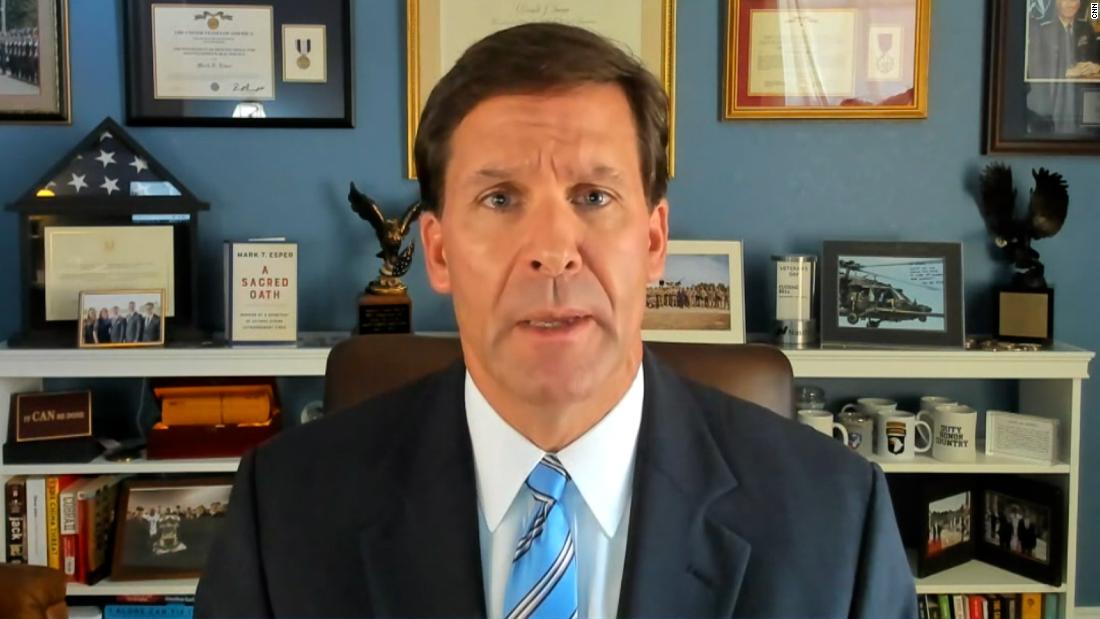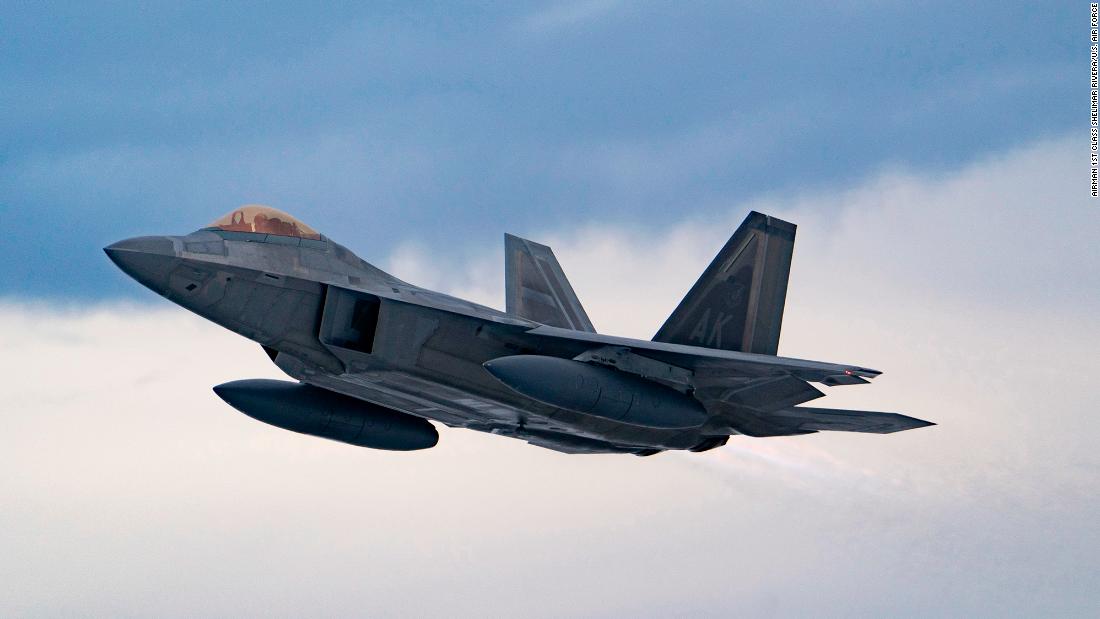Pharma Companies Reach $665M Opioid Settlement With Native American Tribes
The deal, involving Johnson & Johnson and three major drug distribution firms, marks a first for Native American tribes that are often relegated to the sidelines in mass tort litigation. At the same time, lawyers in another drug case warn that continued litigation will dampen innovation.

The nation’s three major drug distributors and Johnson & Johnson have agreed to settle opioid claims for up to $665 million with Native American tribes who have claimed they were harmed by decades of exposure to highly addictive painkillers, reports the Washington Post.
Under the deal, which marks a first for Native American tribes that are often relegated to the sidelines in mass tort litigation, the country’s three major drug distributors–McKesson, Cardinal Health and AmerisourceBergen —would pay $515 million over seven years, and Johnson & Johnson would contribute $150 million in two years to the federally recognized tribes in dozens of states.
The money, overseen by a panel of tribal health experts, would go toward programs that aid drug users and communities already overwhelmed by severe financial burdens for the health care, social services, child welfare and law enforcement resources expended during the opioid crisis.
About 15 percent of funds will go toward attorneys’ fees. For the tribes to receive the full amount from the companies, 95 percent of the litigating tribes must agree to settle, as well as at least 14 of the 17 non-litigating tribes of more than 5,000 members for the distributors’ deal.
Meanwhile, Bloomberg News reports that the ongoing trial of Laurence F. Doud III, former head of Rochester Drug Co-Operative Inc., who could face life in prison for allegedly scheming to distribute addictive drugs to pharmacies that were previously flagged for questionable practices, and for allegedly blocking efforts to report them to the government, could deter companies from pursuing innovative medications for fear of liability.
It’s the first time federal prosecutors are trying to leverage Drug Enforcement Administration requirements meant for distributors against an individual executive who is among the few drug company higher ups to face criminal charges for fueling America’s addiction epidemic.
Other pharma executives have faced criminal charges related to the opioid epidemic, but Doud’s case involves fresh arguments under the law that experts say could both represent a warning shot to other reckless and mercenary corporate heads and potentially hamper pharmaceutical companies pursuits of medical innovations around controlled substances.

 Landwebs
Landwebs 
























